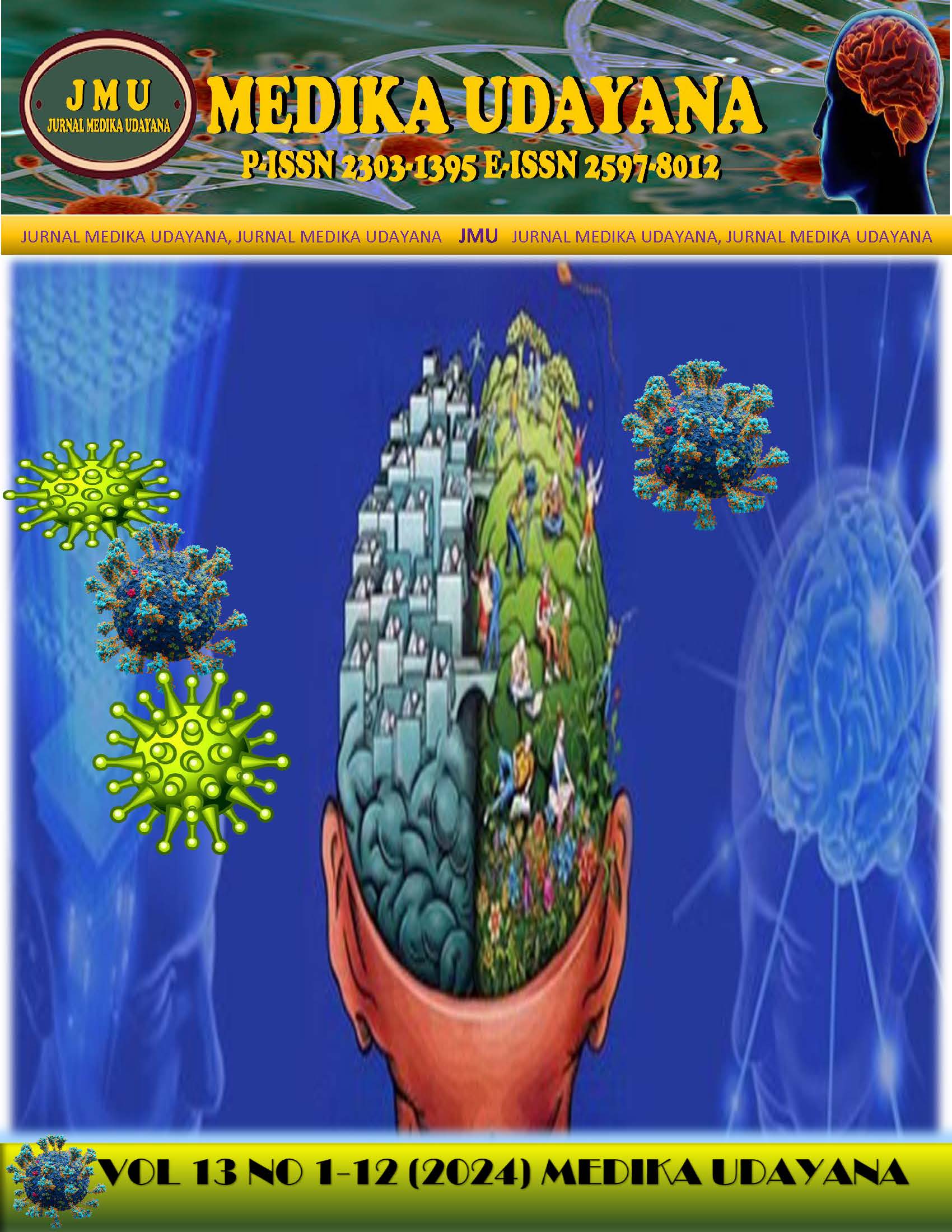HUBUNGAN MUTASI GEN K-RAS TERHADAP RESPON TERAPI PADA PASIEN KANKER KOLOREKTAL DI RSUP PROF. DR. IGNG. NGOERAH TAHUN 2017-2019
Abstract
K-RAS is one of the most frequently mutated genes found in colorectal cancer cases. The K-RAS gene has about 30%-40% contribution to the formation of colorectal cancer. This research is an analytic observational study with a cross-sectional design to explain the characteristics of patients with colorectal cancer at Prof. dr. IGNG. Ngoerah 2017-2019 and assessed the relationship between K-RAS gene mutations and response to therapy. The results of the chi-square test showing a significant relationship between the type of KRAS gene mutation and the response to therapy where p=0.035 (p<0.05). This shows that there is a significant relationship between mutations in the K-RAS gene in colorectal cancer and the response to therapy in colorectal cancer patients at Prof. Dr. IGNG. Ngoerah General Hospital in 2017-2019.











